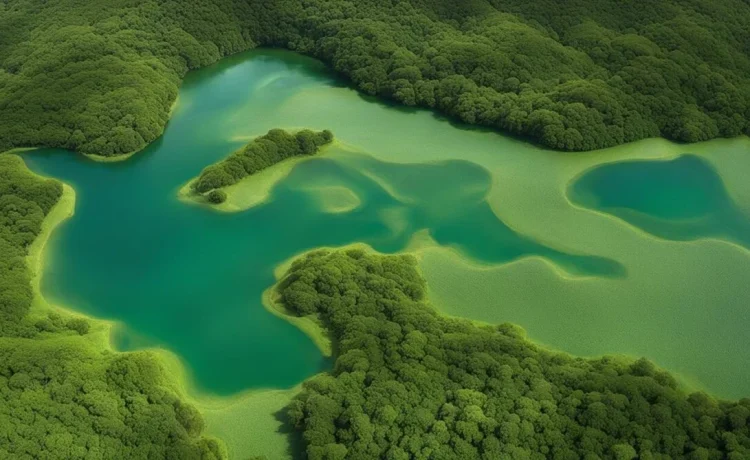maresiliencycenter.org – Honduras, a Central American country with a diverse landscape, is home to a wealth of natural resources that have played a significant role in its economy and development. From its rich biodiversity to its mineral reserves, these resources have the potential to drive sustainable growth and improve the livelihoods of its people. However, the exploitation of these resources has often come at a cost to the environment and local communities. This article explores the natural resources of Honduras, the challenges of their exploitation, and the conservation efforts aimed at ensuring their sustainable use for future generations.
The Wealth of Natural Resources in Honduras
Honduras is blessed with a variety of natural resources that include minerals, forests, and marine ecosystems. The country is known for its gold, silver, lead, zinc, and copper reserves, which have attracted significant foreign investment in mining operations. Additionally, Honduras’ forests are a treasure trove of timber and non-timber forest products, while its coastal areas are rich in marine life, supporting both commercial and artisanal fisheries.
The Challenges of Resource Exploitation
The exploitation of natural resources in Honduras has not been without its challenges. Environmental degradation, loss of biodiversity, and pollution are some of the consequences that have accompanied the extraction and use of these resources. The rapid deforestation for timber and agricultural expansion has led to habitat destruction and soil erosion. Similarly, unregulated mining activities have resulted in water pollution and the disruption of local ecosystems.
Moreover, the benefits of resource exploitation have not always been equitably distributed. Indigenous communities and small-scale farmers often face displacement and loss of livelihoods due to large-scale projects. The lack of transparency and accountability in the management of natural resources has also fueled social and political unrest.
Conservation Efforts in Honduras
In response to these challenges, various conservation efforts have been initiated to promote the sustainable use of natural resources in Honduras. The government, in collaboration with international organizations and non-governmental entities, has implemented policies and programs aimed at protecting the environment and promoting social equity.
One such initiative is the establishment of protected areas, which include national parks, biological reserves, and wildlife refuges. These areas are critical for the conservation of biodiversity and the preservation of ecosystem services. Additionally, there is a growing emphasis on community-based conservation, which involves local communities in the management and monitoring of natural resources, ensuring that they benefit from their sustainable use.
The Role of Technology and Innovation
Technology and innovation are playing an increasingly important role in the conservation of natural resources in Honduras. Advances in environmental monitoring, such as remote sensing and GIS, have improved the ability to track deforestation and other forms of land-use change. Furthermore, the development of sustainable mining practices and the promotion of renewable energy sources, such as hydroelectric and solar power, are helping to reduce the environmental impact of resource exploitation.
Conclusion
The natural resources of Honduras are a double-edged sword, offering both opportunities for economic development and challenges to environmental sustainability. The key to harnessing these resources lies in a balanced approach that prioritizes conservation and sustainable use. By implementing effective policies, engaging local communities, and leveraging technology, Honduras can ensure that its natural wealth contributes to the well-being of its people and the planet for generations to come.

